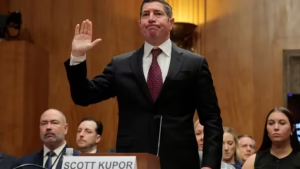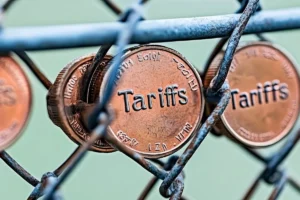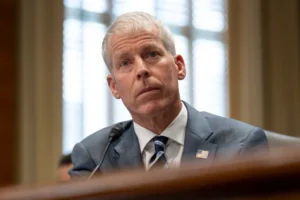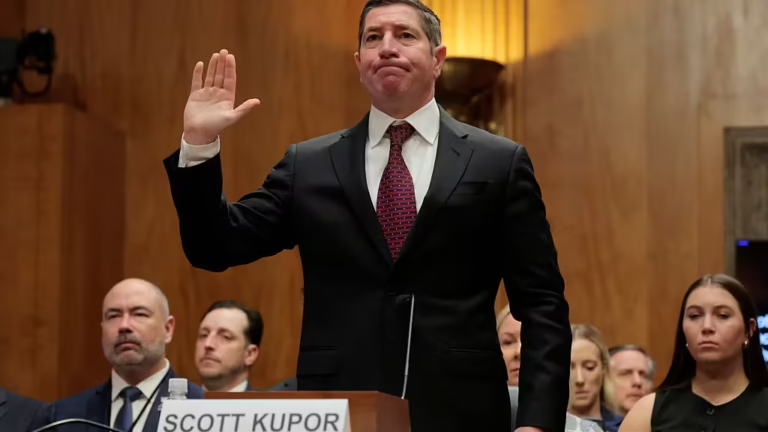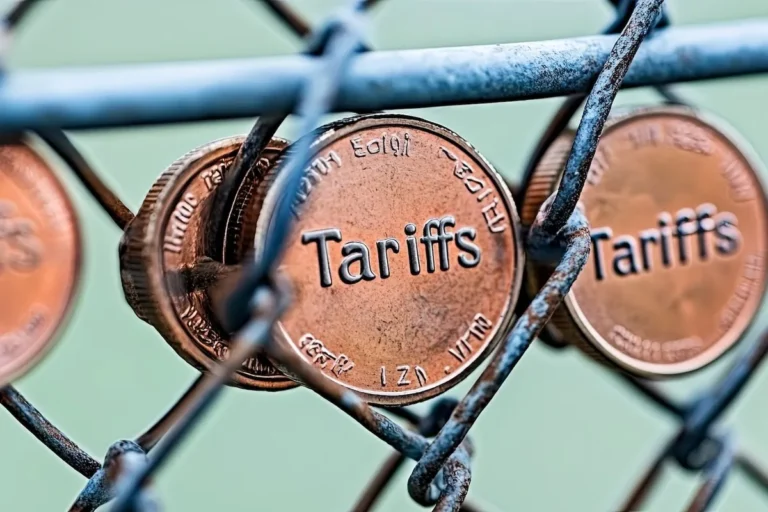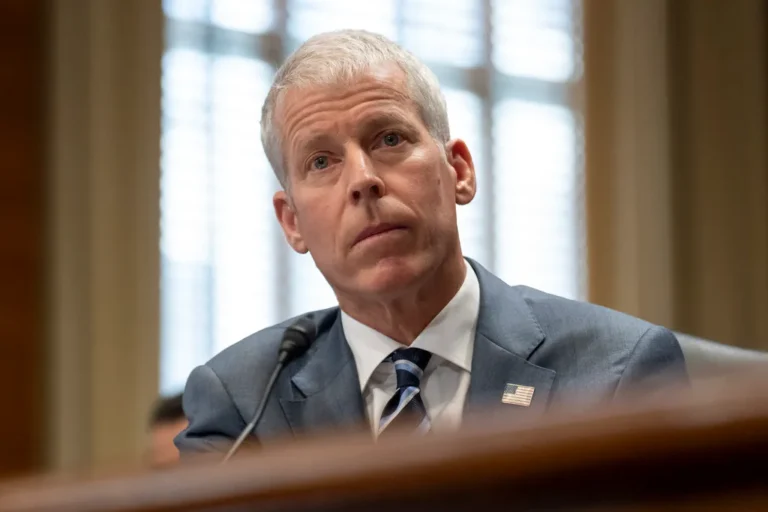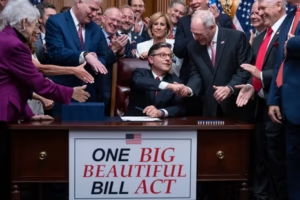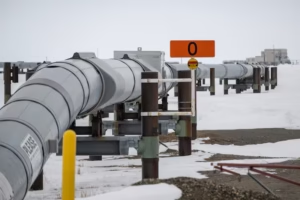Interior Department Proposes Major Drilling Policy Overhaul
Trump-Era Energy Reforms, The U.S. Interior Department has proposed a sweeping new rule designed to unlock more domestic energy production in the American West. This move, rooted in President Donald Trump’s energy dominance agenda, would modernize regulations on commingling oil and gas production across leases, potentially saving the industry up to $1.8 billion annually.
The policy shift would allow producers to more easily combine oil and gas output from different leases using the same well pad, streamlining operations, improving efficiency, and unlocking previously stalled drilling projects.
What Is Commingling and Why It Matters
Currently, Bureau of Land Management (BLM) rules strictly limit commingling — the process of producing hydrocarbons from multiple leases through a single facility or well pad. The existing system only allows commingling if leases share identical mineral ownership, royalty rates, and revenue distribution.
But in states like New Mexico, Wyoming, and Utah, mineral rights are often split between federal, tribal, and private entities. This complexity has created regulatory roadblocks that stifle productivity.
The new rule would remove those rigid barriers, allowing for common-sense consolidation of operations, and ensuring accurate production tracking and fair royalty distribution.
Interior Department: “Rules Were Written for a Different Era”
Interior Secretary Doug Burgum emphasized the importance of modernization:
“The current rules were written for a different era. These updates will help us manage public resources more efficiently, support responsible energy production, and make sure taxpayers and tribes get every dollar they’re owed.”
This reform aligns directly with President Trump’s earlier mandate under his tax cut law, which directed the Interior Secretary to streamline commingling approvals.
Western Energy Alliance Backs the Move
The Western Energy Alliance, representing energy producers across the Rocky Mountain region, welcomed the proposal. They say commingling is “one of the quickest ways to increase production onshore” and that many viable projects have been delayed for years due to regulatory red tape.
By simplifying rules, the alliance says companies will be able to invest in drilling projects more quickly, reduce infrastructure costs, and maximize output on public and tribal lands.
Benefits for Industry and Government
-
Up to $1.8 billion in annual cost savings for U.S. energy producers
-
Increased royalty revenues for both federal and tribal governments
-
Faster approvals for stalled drilling projects
-
Enhanced data tracking and compliance oversight
The updated rules ensure that the federal government and tribal nations receive every dollar owed, without blocking development through unnecessary regulation.

Boosting U.S. Energy Dominance
The United States is already the world’s top oil and gas producer, and President Trump’s energy dominance policy continues to clear the path for further growth. The proposed commingling rule fits neatly into a broader push to maximize fossil fuel output, cut regulatory delays, and strengthen U.S. energy independence.
This approach contrasts with Biden-era regulations that sought to limit production to reduce climate-related emissions.
Environmental Pushback Expected
Although the proposed change is aimed at efficiency, environmental groups are expected to oppose it. Critics argue that easing drilling rules leads to greater environmental risk and undermines efforts to combat climate change.
However, supporters counter that responsible development is not mutually exclusive with environmental stewardship — especially when done on existing well pads with proper oversight.
Conclusion: A Return to Common Sense in Energy Regulation
The Interior Department’s proposal is a major win for American energy producers, particularly in the resource-rich western states. It reflects a clear shift toward practical, efficient, and pro-growth policies championed under President Trump’s leadership.
As energy demands grow globally, this rule could play a critical role in ensuring America remains an energy powerhouse—competitive, independent, and ready to meet demand.
For more latest news checkout our website: usnewsinsight

